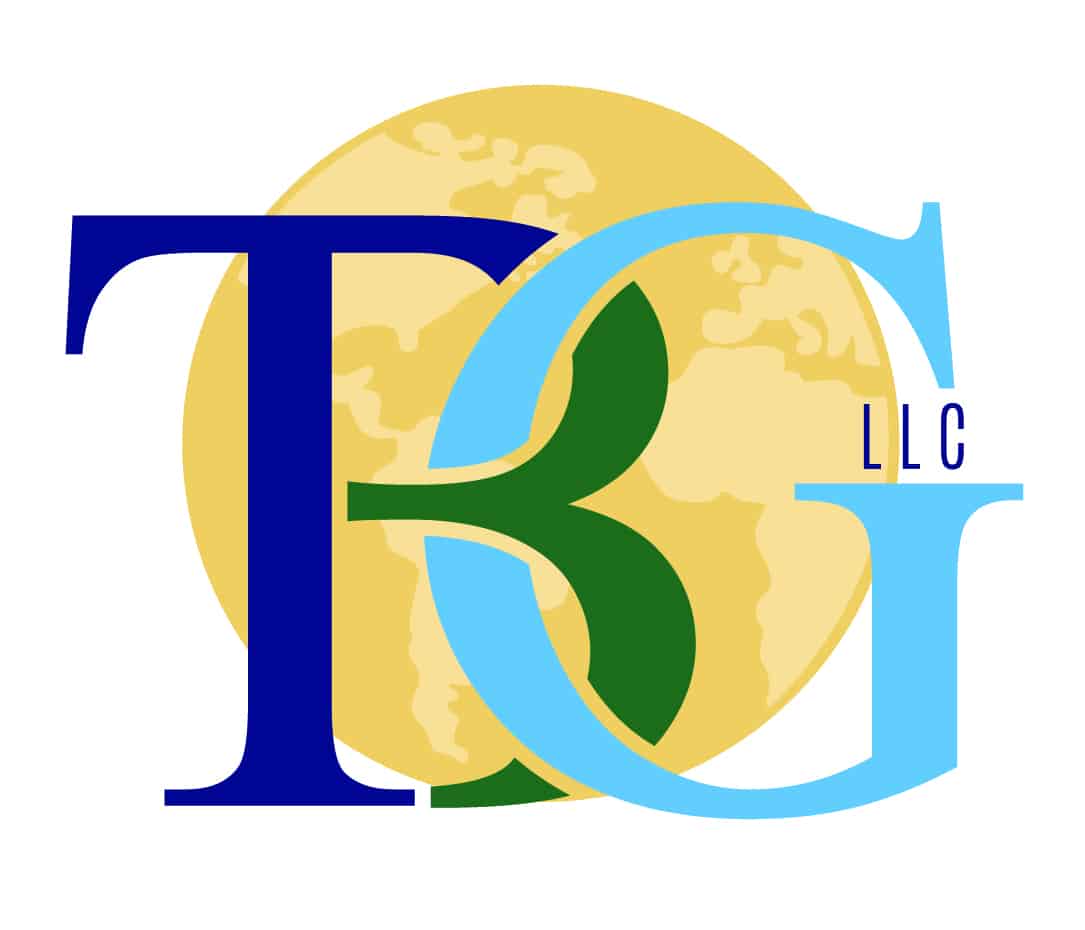People often ask me how they should approach the decision of whether they should adopt a customer relationship management system.
They know that CRM can provide many benefits, such as customer retention and saving time and money, but don’t know if it’s worth their investment.
By the end of this article, you will have a clear understanding why you should not avoid CRM and how it can save you time, energy, and money.
Why You Should Use CRM and
How It Can Save You Time, Energy & Money
Importance of CRM to your business
Small businesses are the backbone of the American economy. They are responsible for creating two out of every three new jobs in the United States, and they account for nearly half of all private sector employees.
In order to continue to be successful, small businesses need to focus on customer retention and growth. CRM can help small businesses with both of these goals.
CRM can benefit your small business in many ways, but there are three main benefits that should be considered when deciding if CRM is right for your business: customer retention, growth, improved customer service, increased sales and cost savings.
Customer Experience & CRM
When you think about customer experience, what comes to mind?
Is it the perception and feeling that your business has been great or is there something more tangible like improved sales records in terms of leads generated per month thanks mainly because customers were happy after interacting with them on an emotional level.
Whereas CRM refers to the technology and process used for interactions like sales, marketing/customer care features Customer Experience – How it feels when you interact with a business’ offerings; whether good or bad can depend on many different factors.
Customer retention
As a business owner, you know the importance of customer retention. In order to keep your customers happy and coming back for more, you need to provide them with excellent customer service.
However, providing excellent customer service can be difficult and time-consuming to do on your own. This is where CRM comes in. CRM can help you manage your customer data so you can focus on providing excellent customer service.
Identify and categorize leads
A CRM system can help you identify and add new prospects easily and quickly, and categorize them with precision. By using the right leads, Sales is able to prioritize opportunities to close deals. Marketing can identify leads that need more support and drive them to become quality leads.
Through comprehensive, accurate and centralized customer and prospect information, sales and marketing can focus their attention and energy on the right customers.
Enhance existing referrals
You can increase existing referrals by better understanding your customers, cross-sell and upsell opportunities become apparent, giving you a chance to win new business from existing customers. In addition, CRM can also offer other benefits, such as saving time and money.
Business Growth
The second benefit of CRM is business growth. In order to grow, businesses need to acquire new customers and keep existing ones. CRM can help businesses with both of these goals.
Managing your customer data and providing excellent customer service, you will be able to increase customer retention. In addition, CRM can also help you acquire new customers through its marketing and sales features.
Improved Customer Service
CRM’s third benefit increases customer service. As mentioned previously, CRM can help organizations manage their customer data so that they can focus on delivering excellent customer service.
What’s more, CRM can also help businesses automate their customer service processes. By automating customer service processes, businesses can save time and money while offering great customer service.
Increased in Sales
CRM can benefit your small business in many ways, as a tool that allows you to create a sales pipeline, automate key tasks, and analyze all of your sales data in one centralized location.
This could boost sales and productivity by providing employees with a step-by-step selling process they can count on every time and that you can easily change as problems arise.
In addition, CRM can also help businesses track their sales data so they can better understand their customers and target them with the right products and services.
Cost Savings
CRM can help businesses save time and money by automating their processes. In addition, CRM can also help businesses reduce the costs of customer acquisition and retention. CRM can help businesses save money by reducing the need for manual labor, paper records, and other storage costs.
Takeaway
Businesses that implement CRM can enjoy a plethora of benefits, including customer retention, growth, improved customer service, increased sales and cost savings.
In order to make the most of CRM’s potential for your business, it is important to understand how it can benefit you specifically.
By focusing on customer service and acquiring new customers, you can see significant growth in your small business.
